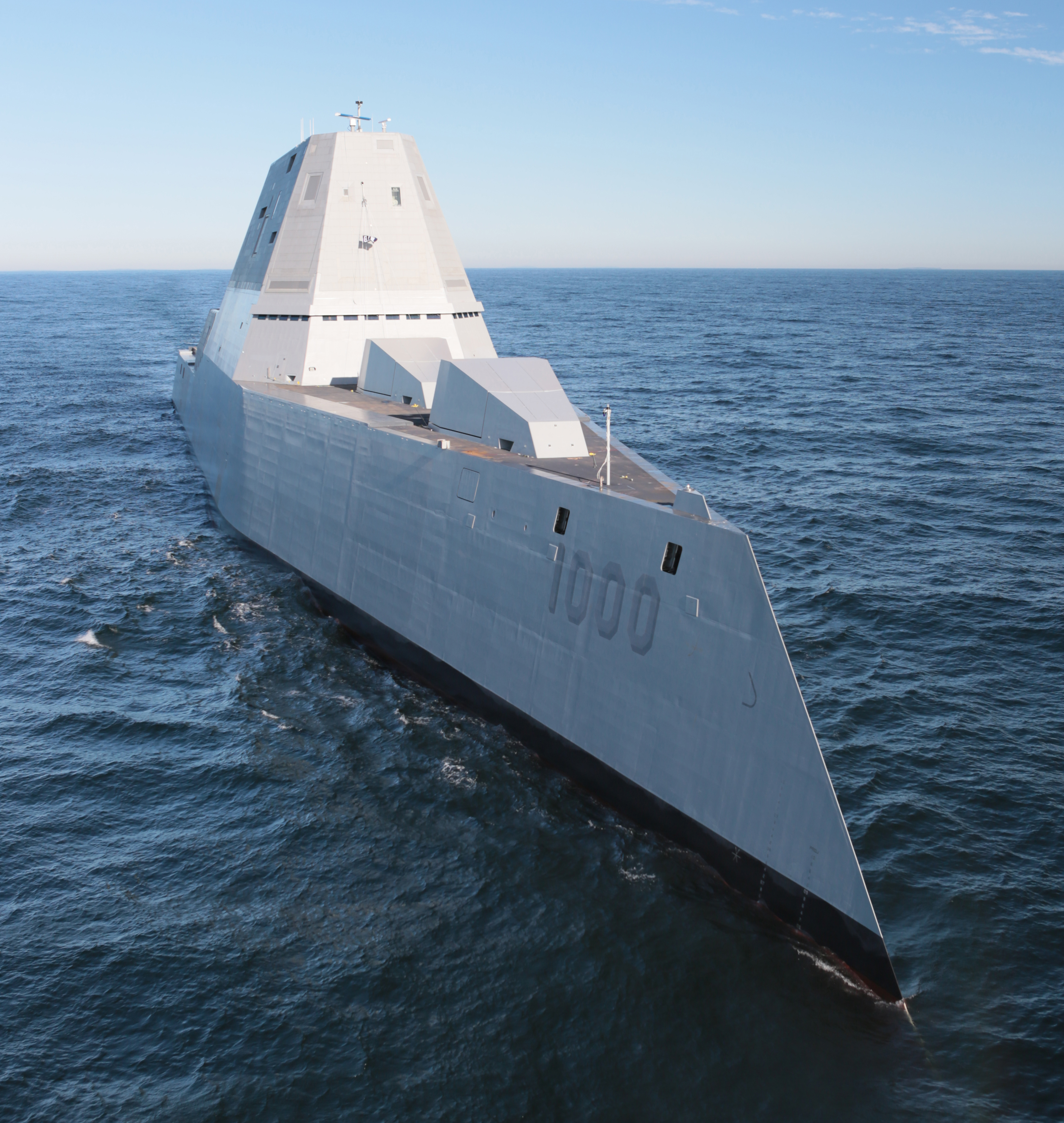The NSF Responds
The members of the National Security Forum provided numerous (over 75) commentaries and recommendations with respect to my point paper on North Korea asking for thoughts on dealing with continuing Pyongyang transgressions. Here are some summary observations:
- To a person, all respondents were fed up with North Korea’s provocations, hostile acts, intransigence on its nuclear program, exports of banned weapons, technology and materials, and above all else, it’s domestic repression and economic policies that are starving the population.
- Having said that, once they had vetted their frustrations and concluded that the time had long passed for retaliatory action, most advised caution and taking, at best, carefully calculated responses.
- That approach resulted from an assessment that the internal situation in North Korea is dangerously close to regime collapse, growing opposition to the government, and a regime prone to “worst case” analyses of their neighbor’s intentions. Most felt that a strong military tit for tat could lead to a decision by the Kim regime to launch a major (perhaps nuclear) war on the South and other neighbors since they would have little else to lose.
- It reminded me of teaching at West Point. There was an IR class where we analyzed a Soviet-US crisis and discussed American policy alternatives, which numbered about 33 on the multi-colored slide we used. In the end, however, you really only had three options—Bomb Moscow, do nothing, or impose generally ineffective economic sanctions!
- One writer noted the US and SK preference has been for “strategic patience” (or damage-control diplomacy) over confrontation, believing that (1) The alternative is too risky, and (2) That over time the Kim regime can be made to make bold concessions on fundamental issues. The general feeling now, however, is that the time for that approach has long passed, and that we—and the others in the 6-party “coalition”—must now put concerted pressure on the NK’s areas of vulnerability. Specifically, this would mean stepping up the information flow into the North, denying the regime the outside sustenance that comforts the ruling elite, halting any illicit international transactions, and preparing plans for the possibility of conflict.
- Most agreed that the key to influencing the Kim regime lay in China. What was a bit surprising to me was that many—including experienced China hands—advocated taking a fairly hard line approach to Beijing, despite what might be considered our weak negotiating position. The recommendations included imposing penalties on Chinese companies doing business with the North despite UN resolutions to the contrary, telling the PRC leadership they needed to be tougher on the North, and removing any carrots.
- With respect to China, one observer quoted the DOD annual report which stated that China’s “strategic plan was to avoid any pretense of leadership while deflecting those who would encourage China to play a more active and constructive role in addressing international and regional problems”. Many felt that this is THE time for Beijing to step up to the plate. I agree.
- Most commentaries noted that the U.S. was hardly in a position to engage in a major conflict against North Korea. They advised placing the brunt in any conflict on the South (although that may be hard to do given our nuclear capabilities and the 28,000 service personnel assigned there).
- There were a few recommendations to the effect that we should encourage the proliferation of nuclear weapons so that South Korea, Taiwan, and Japan would become nuclear states. That may happen in Japan regardless, but it seems to me very short-sighted to advocate that for Taipei and Seoul.
I think one respondent was correct in noting that my initial point paper seemed to ipso facto rule out any form of confrontation and that it leaned toward the continuation of “strategic patience”. Probably a valid point (In fact, however, as is often the case, those with extensive military backgrounds tended to the more cautious strategies while those without such experience were often more aggressive in their recommendations).
The commentaries did move me off that position to the extent that I am more now in favor of being tougher with Beijing in demanding that the PRC stop playing friendly interlocutor to the North and take a tougher stance (in fact, the Wiki Leaks reporting indicated that the PRC may be tiring of its unconditional support for Kim and coming to the conclusion that the regime has been severely weakened). The responses that advocated a tougher response to future provocations, including more decisive military retaliation, also gained ground in my calculations, although such a retaliatory action has to be carefully implemented.
In sum, a difficult situation but one where China, the US, Japan, South Korea, and Russia needs to be planning for how we handle a regime collapse, a refugee flood, and uncertainty over control of nuclear weapons and the armed forces. There’s a happy thought!
– Tyrus W. Cobb

